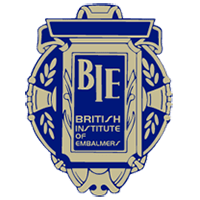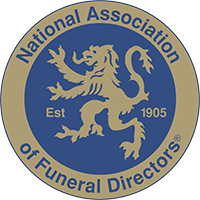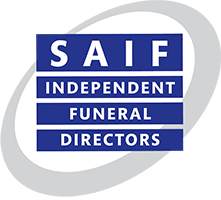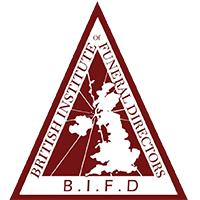What to do When Someone Dies
For most of us, this is a path we seldom walk. We are here to give advice and as much clarity as possible at all stages. If you are unsure what to do, please call us. We are available to talk 24 hours a day and can help you make sure you are on the right track. If you have a funeral plan with us or with another provider, there are no immediate steps you have to take but please inform us at the earliest opportunity.
While we hope these step by step guides are helpful, we understand that dealing with loss at the time is a very different experience.
We are available 24 hours a day to offer advice or simply talk to you whenever you need.
We are available 24 hours a day
We aim to be your friend, your helping hand and your guidance through this difficult time.
You can call us 24 hours throughout the week in Renfrew or Erskine, so please get in touch if you need to talk.







